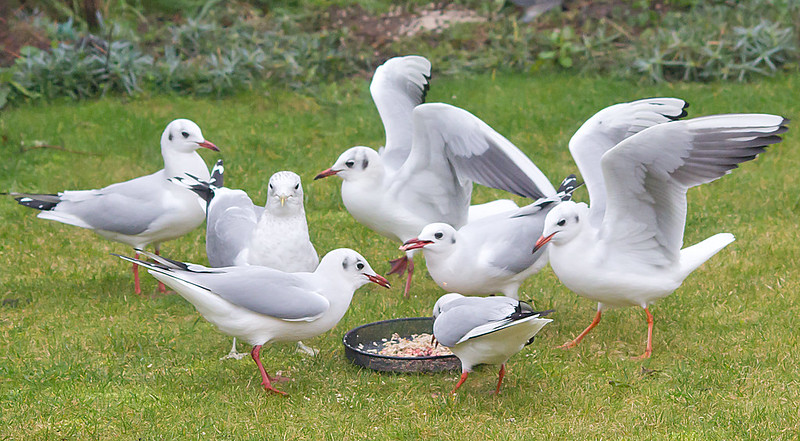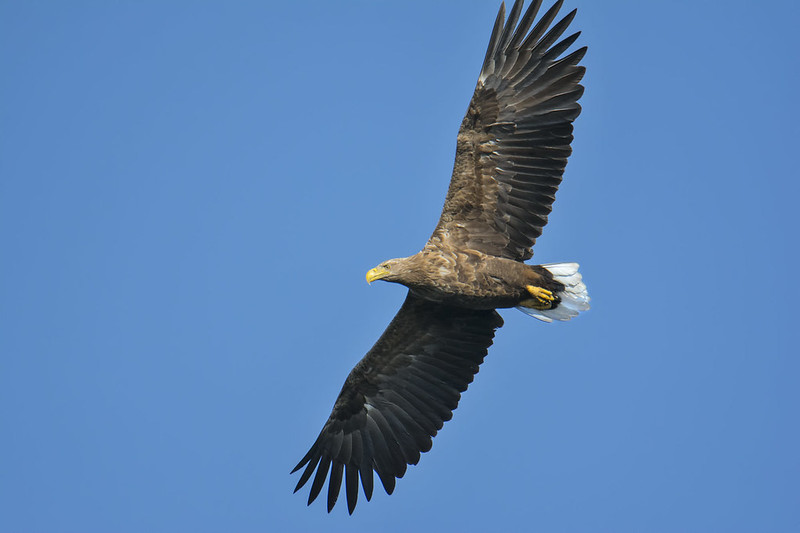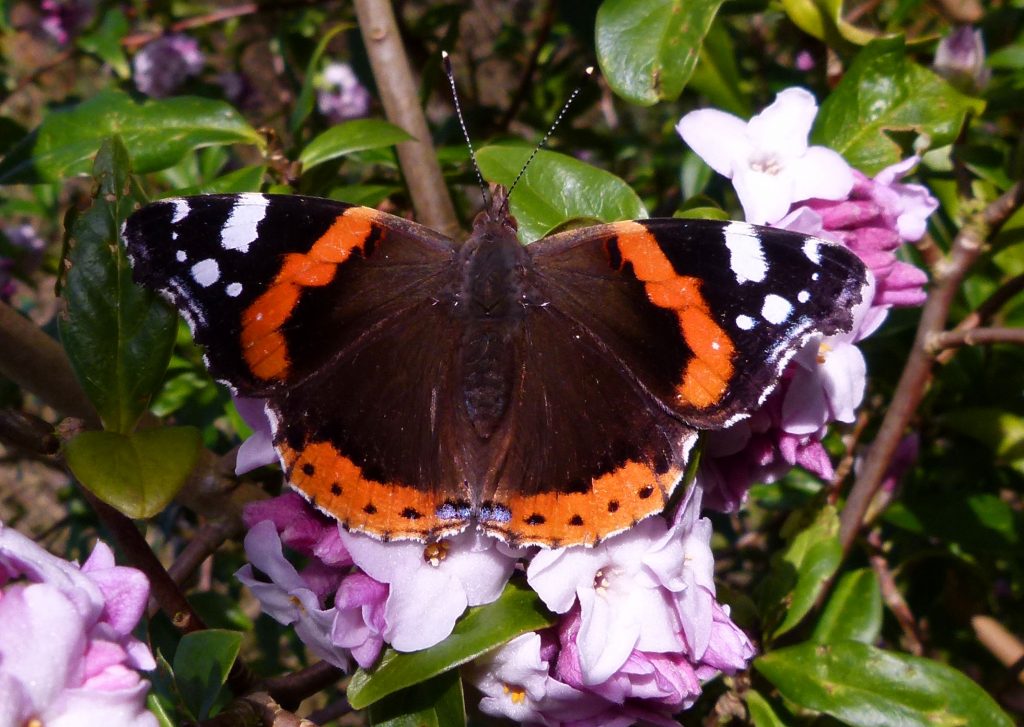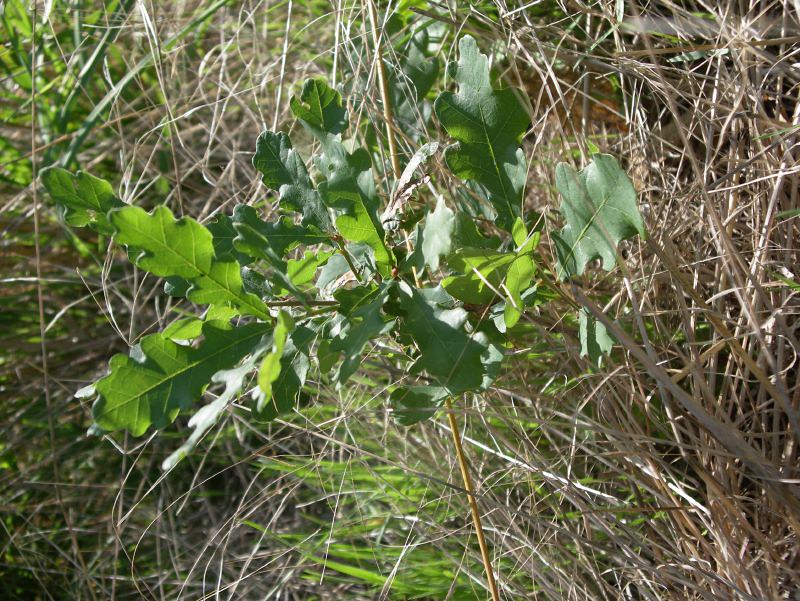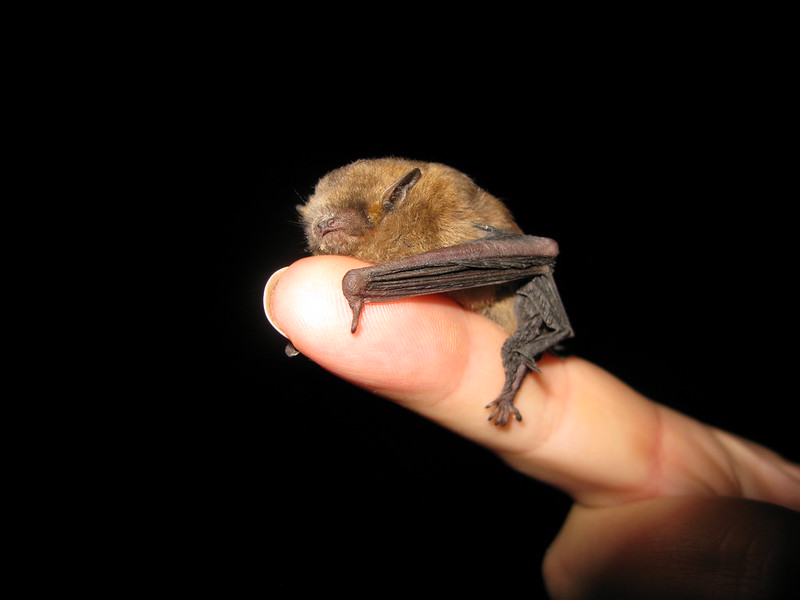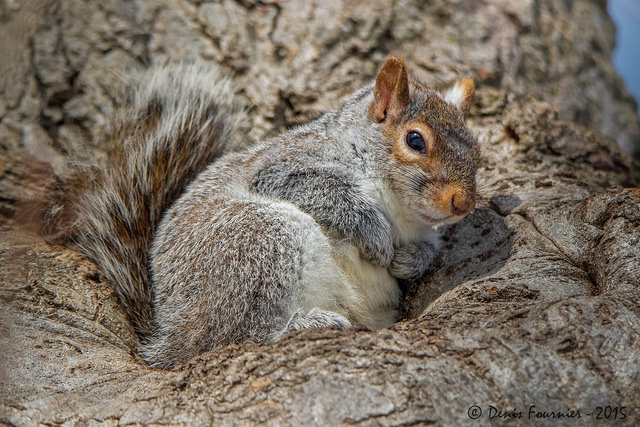
BBC News reports environment minister Lord Goldsmith says the damage grey squirrels and other invasive species do to the UK’s woodlands costs the UK economy £1.8 billion a year. The bizarre-sounding plan is to lure grey squirrels into feeding boxes only they can access with little pots containing hazelnut spread. These would be spiked with an oral contraceptive.

